Business
CBN Cracks Down on ATM Glitches: Banks Face 48-Hour Refund Mandate or ₦5,000 Daily Fines

The Central Bank of Nigeria (CBN) has issued sweeping guidelines mandating banks to process refunds for failed ATM transactions within 48 hours, or cough up a steep ₦5,000 penalty per day of delay. The directive, unveiled in a draft framework for automated teller machine (ATM) operations, targets “not-on-us” interbank transactions, where customers draw from another bank’s machine, while same-bank “on-us” failures demand instant reversals. It’s a wake-up call for Nigeria’s banking sector, long plagued by technical hiccups that leave millions of nairas in limbo and tempers flaring at the counter.
The CBN’s hammer drops amid rising customer complaints over debited accounts without dispensed cash, a scourge that’s eroded trust in digital banking. Under the new rules, refunds for interbank flops must hit accounts in under two days, slashing the old five-day window for disputed POS and web transactions. Banks dragging their feet? Expect fines stacking up like bad debt: ₦5,000 daily per unresolved case, enforced by the apex bank with an iron fist. “This is about restoring confidence and holding operators accountable,” a CBN source told BusinessDay, emphasizing the regulator’s zero-tolerance for “excuses wrapped in tech jargon.”
The guidelines, circulating as a draft for stakeholder input, go beyond refunds. They enforce instant reversals for on-us transactions, cap ATM downtime at 72 hours with mandatory notifications, and ramp up security protocols like biometric verification and real-time fraud alerts. Network service providers, too, face the heat: any glitches in their systems could trigger penalties, ensuring the buck stops at the top. “Customers deserve seamless service, not endless queues and finger-pointing,” the directive states, echoing years of advocacy from consumer rights groups like the Consumer Protection Council.
Reactions poured in swiftly. The Nigeria Labour Congress hailed it as a “victory for the working class,” while the Bank Customers Association of Nigeria warned that non-compliance could spark a wave of class-action suits. On X, the buzz was electric: one viral post from @globaltrendsX blared the breaking news, racking up shares as users vented tales of “ghost debits” haunting their statements. “Finally! My Access Bank saga from last month ends here,” tweeted a Lagos trader, capturing the collective sigh of relief.
This isn’t the CBN’s first rodeo on payment pains, recall the 2020 circular that trimmed chargeback periods, but the fines add real teeth, analysts say. With Nigeria’s cashless push accelerating post-naira redesign, the timing couldn’t be sharper. As banks scramble to tweak systems before the rules solidify, one thing’s clear: the era of “system error, try again later” is over. For everyday Nigerians, it’s a small but seismic win, one less headache in the daily grind.
RECOMMENDED FOR YOU
CBN rolls out new rules for agent banking, sets ₦1.2m daily cash-out limit
Business
Top 10 Fintech Companies in Nigeria in 2025

Nigeria’s fintech industry continues to dominate Africa’s digital finance revolution, redefining how millions move, save, and access money. In 2025, the country remains the continent’s fintech capital, home to more than 200 startups and processing over $100 billion in digital transactions annually. From Lagos to Yaba, innovation hubs are buzzing with ideas tackling one mission: financial inclusion for Africa’s unbanked and underserved.
This ranking highlights the top 10 fintech companies in Nigeria in 2025, based on influence, funding, user growth, and impact, drawing insights from TechCabal, Techpoint Africa, and CB Insights.
1. Flutterwave

Flutterwave remains Nigeria’s most valuable fintech, with a $3 billion valuation and operations spanning over 30 African countries. Founded in 2016 by Olugbenga Agboola (GB) and Iyinoluwa Aboyeji, the company enables global merchants to process payments in multiple currencies, serving over 1 million businesses worldwide. Its $250 million Series D round in 2022 cemented its unicorn status, while its new “Send App” expansion in 2025 aims to simplify cross-border remittances for Africans everywhere.
2. Paystack
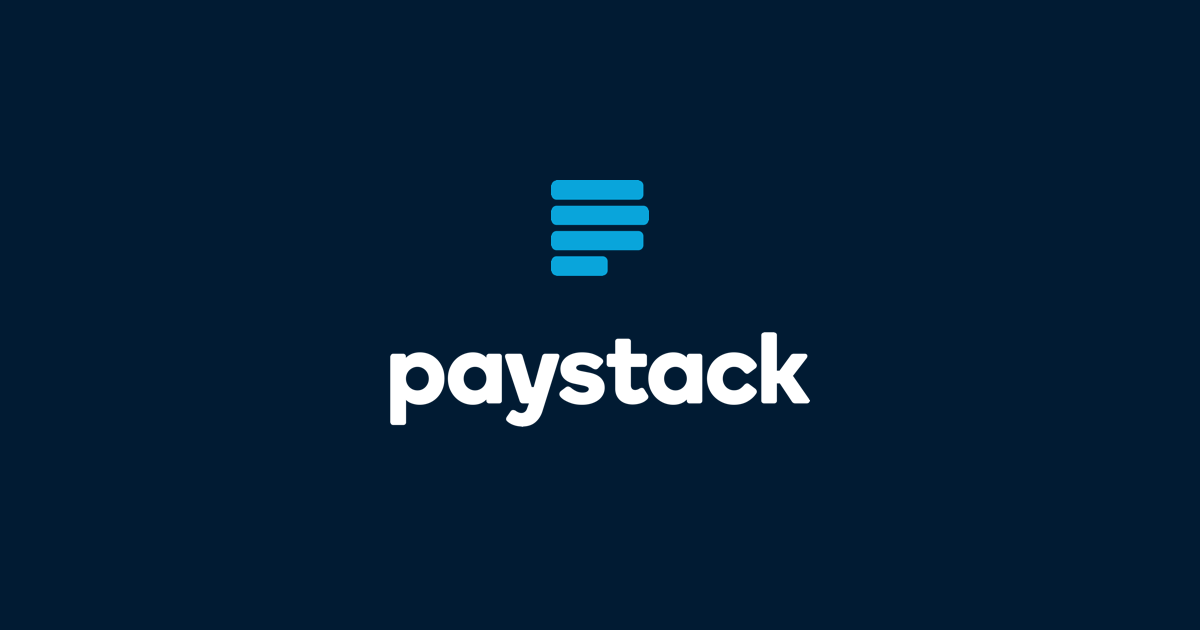
Since its $200 million acquisition by Stripe in 2020, Paystack has become the backbone of Nigeria’s online payments ecosystem. The Lagos-based company powers over 50% of local e-commerce transactions, offering smooth payment integrations for platforms like Shopify, MTN, and Bolt. With its continued focus on developer-friendly APIs and fraud protection, Paystack remains one of Africa’s best examples of a successful fintech exit fueling long-term growth.
3. OPay

Backed by Opera and valued at over $2 billion, OPay has transformed from a ride-hailing startup into Nigeria’s leading super app. Today, it serves over 35 million users, combining digital wallets, food delivery, transport, and microloans under one ecosystem. Its POS terminals dominate Nigeria’s streets, handling over $1 billion in daily transactions, making it a financial lifeline for small business owners and agents across the country.
4. Moniepoint (formerly TeamApt)
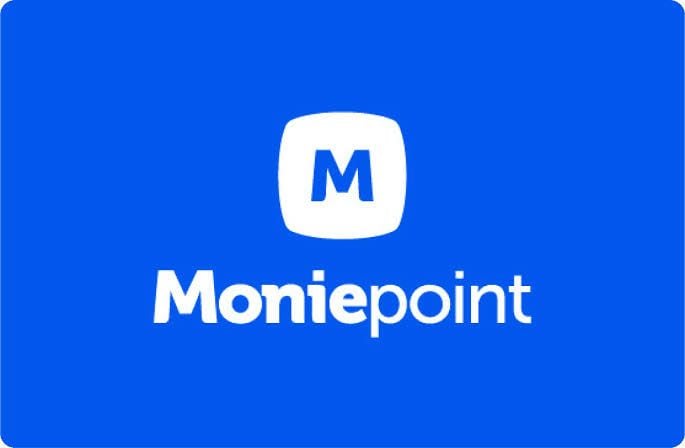
Moniepoint is Nigeria’s SME fintech champion. With a $500 million valuation, the company provides banking-as-a-service to over 1 million small and medium businesses. Its 2024 $110 million funding round accelerated expansion into East Africa, while its reliable POS and merchant services have made it the preferred banking partner for small business operators seeking stability in a volatile economy.
5. Kuda
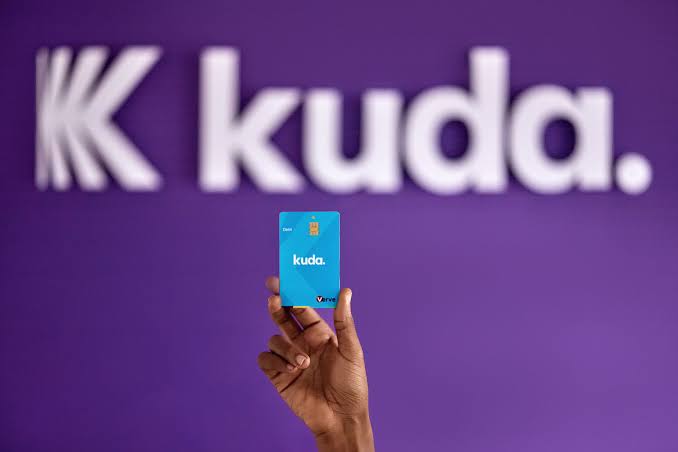
Often called “the bank of the free,” Kuda remains Nigeria’s top digital-only bank, boasting over 10 million users. The platform offers fee-free transfers, instant savings tools, and microloans through its mobile app. Following its $55 million Series B raise, Kuda has doubled down on profitability and regional expansion. Its mission? To make banking simple, transparent, and entirely mobile, no branches needed.
6. Paga
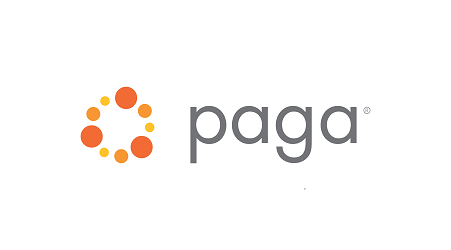
Founded in 2009, Paga pioneered mobile payments in Nigeria before fintech became a buzzword. With a vast agent network of over 500,000 outlets, Paga has processed billions in remittances, bill payments, and peer-to-peer transfers. Its model of combining tech with physical accessibility continues to drive financial inclusion, particularly in rural areas where traditional banking remains out of reach.
7. PalmPay
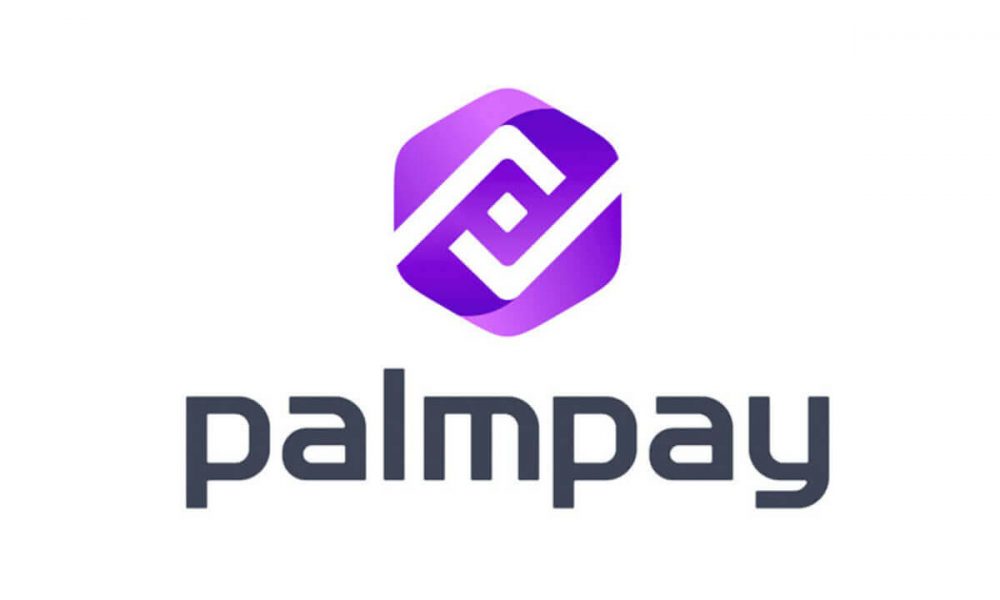
A rising star in Nigeria’s fintech scene, PalmPay has rapidly scaled to over 10 million users, thanks to its partnerships with smartphone giant Transsion (makers of TECNO and Infinix). Known for its data-light app and cashback incentives, PalmPay blends digital payments with microloans and financial literacy initiatives. In 2025, it was crowned Nigeria’s Fintech Company of the Year, reinforcing its growing dominance in consumer finance.
8. Interswitch
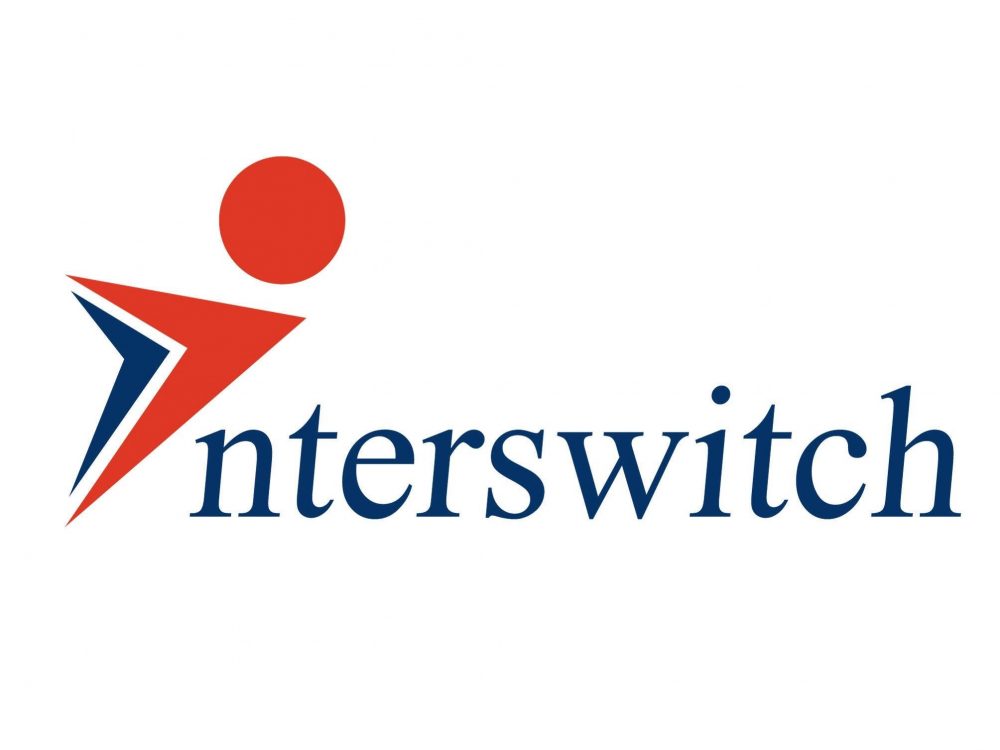
Before fintech became mainstream, there was Interswitch — the pioneer that built Nigeria’s payments backbone. Founded in 2002, it powers Verve, Africa’s most widely used debit card, serving over 60 million Nigerians. Recent investments exceeding $200 million have fueled its expansion into Kenya and Uganda, as Interswitch continues to modernize payment infrastructure across the continent.
9. Carbon (formerly PayLater)

Carbon remains a trusted name in digital lending, serving millions of users seeking quick loans without paperwork. Leveraging artificial intelligence for credit scoring, the app disburses over $100 million in loans monthly, helping Nigeria’s emerging middle class access credit responsibly. Its new wealth management features make it more than a lender, it’s evolving into a full-service digital bank.
10. PiggyVest
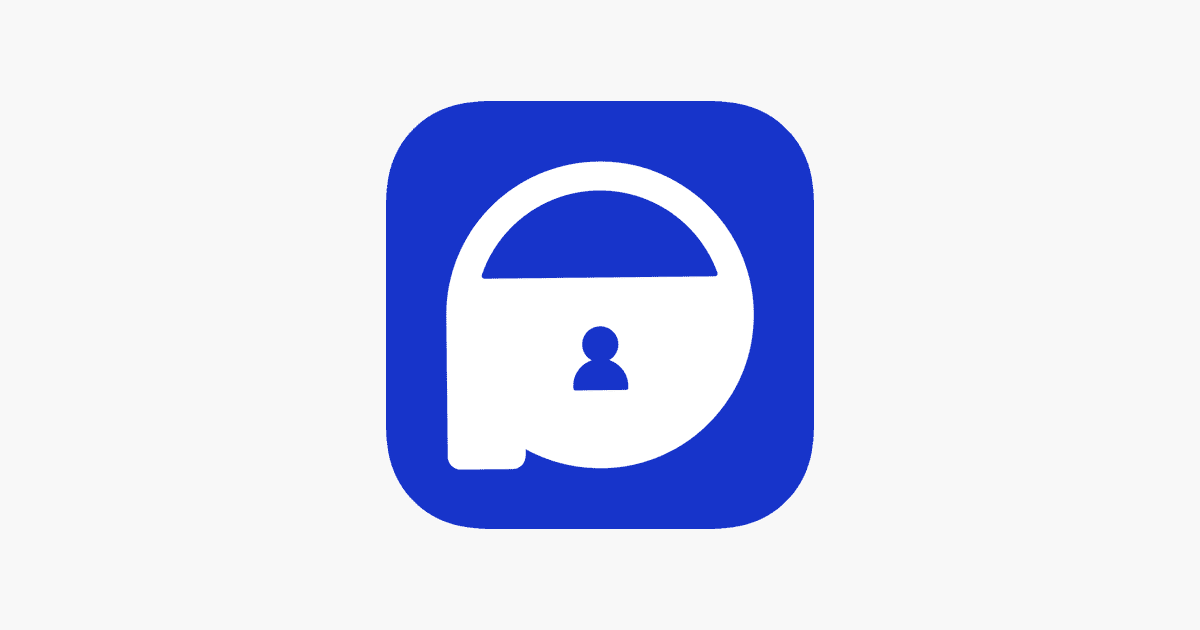
Rounding off the list is PiggyVest, Nigeria’s most popular savings and investment app. With over 5 million active users, it offers tailored saving plans, fixed returns above 20%, and investment options that help users grow wealth safely. Its strong brand trust, transparent model, and community-driven campaigns have made it a staple for young Nigerians building financial discipline in a digital world.
Final Word
Nigeria’s fintech story is one of ambition, resilience, and transformation. From powering small business payments in Lagos to enabling cross-border remittances for the diaspora, these ten companies are rewriting Africa’s financial future.
As regulation tightens and competition deepens, the next phase will focus on trust, compliance, and sustainability, proving that fintech isn’t just a trend but the new foundation of Nigeria’s digital economy.
RECOMMENDED FOR YOU
OPay Users Panic as Viral Influencer Posts Trigger Savings Security Scare
Business
Naira Trades at ₦1,462 Per Dollar Amid Ongoing Market Volatility

The Nigerian naira opened the week trading at ₦1,462 to the US dollar in the official foreign exchange market, according to data from the Central Bank of Nigeria (CBN).
The rate reflects slight market stability after a period of fluctuations that saw the naira move between ₦1,455 and ₦1,466 in the past week. However, in the parallel market, the currency continues to weaken, trading around ₦1,505 per dollar, according to reports from forex tracking platforms.
Analysts say the persistent gap between the official and parallel market rates highlights the pressure on foreign exchange supply and the challenges facing the government’s monetary reforms.
Despite the CBN’s recent interventions, the market remains volatile, with traders and importers closely monitoring developments that could influence the exchange rate in the coming days.
RECOMMENDED FOR YOU
Business
OPay Users Panic as Viral Influencer Posts Trigger Savings Security Scare

Millions of Nigerians using OPay were thrown into confusion and panic over the weekend after cryptic social media posts from popular influencers sparked fears about the safety of their funds. The wave of anxiety began after journalist Seun Okinbaloye and UK-based influencer Dami Foreign made vague online warnings that many interpreted as signs of trouble within the fintech giant.
What seemed like casual cautionary posts quickly spiraled into a nationwide frenzy, with users flooding social media platforms—especially X (formerly Twitter)—to share screenshots of their balances, transfer alerts, and frantic questions about whether OPay was in crisis.
The alarm started late Friday when Okinbaloye, known for his tough interviews on Arise TV, tweeted: “If you’re banking digitally, double-check your security settings. Things are shifting fast, don’t wait for the glitch.” He gave no details or sources, but the tone set off concern among his followers. Within hours, Dami Foreign, a diaspora influencer with over half a million followers, added fuel with her own post: “OPay folks, heads up—heard whispers of major issues. Secure your funds or regret it. #FintechWatch.” The combination of urgency, emojis, and ambiguity ignited fears of an impending system collapse.
By Saturday morning, #OPayPanic topped Nigeria’s trending topics with more than 100,000 mentions in less than 24 hours. Users shared unverified claims of failed withdrawals and frozen accounts. “Tried to withdraw ₦800,000—declined! What’s happening?” one trader in Lagos wrote. Others said they had moved money out of the app “just in case,” fearing a repeat of previous digital banking disruptions during the 2023 cash scarcity.
Amid the chaos, unsubstantiated stories began circulating—claims of server hacks, regulatory crackdowns, and “Chinese owners shutting down operations.” None of the allegations were confirmed, but the viral speculation reflected the growing public mistrust in Nigeria’s digital finance ecosystem, where fraud losses reportedly exceed ₦10 billion annually.
OPay moved swiftly to calm nerves. In a Sunday statement shared on its official X handle and website, the company dismissed the rumors, saying: “We are fully licensed by the Central Bank of Nigeria (CBN) and insured up to ₦5 million per account by the Nigeria Deposit Insurance Corporation (NDIC). Our services remain fully operational—there are no issues. Please ignore baseless claims.” The fintech urged customers to activate two-factor authentication and promised stronger security updates soon.
In a response to TechCabal, an OPay spokesperson said: “This is misinformation at its worst. We’ve processed over ₦50 trillion in transactions this year with 99.9% uptime. Users’ funds are safe.”
Faced with backlash, both influencers issued clarifications. Okinbaloye explained that his post was “general advice on digital safety, not directed at OPay,” while Dami Foreign released a video saying her message was “a broad fintech warning” and not based on insider information. Still, online users accused them of spreading panic. Memes dubbing the duo “The Panic Twins” went viral, while consumer protection groups like FICAN urged regulators to introduce stricter accountability standards for influencers in financial communication.
This isn’t OPay’s first brush with public skepticism. The company, owned by Opera Software, has faced criticism in the past for account freezes linked to fraud investigations and a donation mix-up that went viral in 2024. Yet, it remains one of Nigeria’s strongest fintech players, recently named Africa’s top fintech firm for 2025 and launching a ₦1.2 billion SME support fund.
Financial analysts believe the recent scare reveals deeper trust issues between Nigerians and digital financial systems. “In a low-trust economy, influencers can unintentionally trigger financial instability,” said Chinedu Nwankwo of Proshare. “Their words carry the power of headlines—but without the responsibility.”
As queues formed at POS outlets and the OPay app’s Play Store rating dropped by 15% overnight, the company rolled out a “Trust Challenge” campaign offering ₦100,000 to users who secure their accounts as part of efforts to restore confidence.
RECOMMENDED FOR YOU
Dino Melaye Criticises Tinubu Over Fresh World Bank Loan, Compares Borrowing to Loan Apps
-

 Entertainment2 months ago
Entertainment2 months agoDay 25: Dede and Koyin’s Friendship Sparks Tension with Kola – BBNaija
-

 Entertainment2 months ago
Entertainment2 months agoMeet Ghe Ghe: The Man Behind the ‘University of Wisdom and Understanding’
-

 Entertainment1 month ago
Entertainment1 month agoHilda Baci Begins Guinness World Record Attempt for Largest Pot of Jollof Rice in Lagos
-

 News2 weeks ago
News2 weeks agoList of Public Holidays in Nigeria (October – December 2025)
-

 Business1 month ago
Business1 month agoFull List of the Richest Black Billionaires in the World 2025 (Forbes Ranking)
-

 Entertainment2 months ago
Entertainment2 months agoToke Makinwa’s Pregnancy Story Draws Criticism from Solomon Buchi
-

 Entertainment2 months ago
Entertainment2 months agoDay 22: Sparks and Confessions as Doris Confirms Feelings for Denari – BBNaija
-

 Entertainment2 months ago
Entertainment2 months agoNaira Marley Breaks Silence on MohBad’s Death, Denies Wrongdoing







